Managing Knowledge Workers
They shuffle around the office looking unkempt in their scraggy T-shirts and
jeans - that's if they make it to the office. They choose the hours they'll
work, and where and when they'll work them. The office looks more like a
playground than a place where serious work is done. There are even basketball
hoops in some of the cubicles.
This is a profile of today's highly skilled knowledge workers who command
high salaries and influence the nature of work in postindustrial society. To
manage this new breed of worker, companies must understand what makes them tick.
Changing the culture of work
Some managers believe that knowledge workers are well treated because the
economy is buoyant. They think that when there are fewer jobs than workers,
order will be restored. Knowledge workers will no longer be able to call the
shots. They'll have to knuckle down, don suits, and work regular hours.
The ideas and experience of
knowledge workers are more valuable to a company than physical assets or
products
|
However, managers must acknowledge that the business world has probably
changed for good. The introduction of advanced technology has reduced the number
of jobs that require little skill and increased the number of jobs that call for
considerable skill. This is often referred to as a shift from "touch labor" to
"knowledge workers," where employee responsibilities expand to include a richer
array of activities, such as planning, decision making, and problem solving. In
many cases, employees can be retrained to assume new roles and responsibilities.
However, those employees who are displaced also require retraining. This has
resulted in pages and pages of newspaper ads for applicants with technical or
scientific training while several million job seekers without such training
register for work with employment agencies.
Knowledge workers are often described as people who do mental as opposed to
manual work, but they're more than that. Their brainpower and experience are
more valuable to a company than physical assets or products. In the industrial
age, workers were expendable. Today, their skills and experience form the
intellectual capital of a company.
Having and effectively using knowledge workers gives a company a competitive
advantage. However, if knowledge workers are unhappy or unmotivated, their
intellectual assets are wasted. If a knowledge worker leaves a company, a
valuable asset leaves. A major challenge for contemporary managers is finding
ways to keep knowledge workers happy.
Understanding knowledge workers
Knowledge workers seem to be more interested in leading balanced lives than
climbing corporate ladders. They're turning down promotions. They prefer to work
in cubicles rather than big offices. They seem to care little for fancy job
titles. Managers can be at their wits' end trying to find ways to satisfy this
unpredictable breed of worker.
One way to understand the working style of knowledge workers is to think of
them as foragers in a hunter-gatherer economy. The traits rewarded in a
hunter-gatherer economy are the same as those rewarded in the knowledge economy.
Like foragers, workers in the knowledge economy must be adaptable, alert to
opportunities, and willing to change. Managers of foragers must base their
strategies for managing, motivating, and retaining knowledge workers on these
characteristics.
Allow decision making by consensus
Knowledge workers often don't like being told what to do. They prefer
decisions to be reached by consensus, and they hate rule setting. Managers of
knowledge workers need to recognize this and adjust their managerial style
accordingly.
Reward teamwork and collaboration
Unlike blue-collar and white-collar workers, knowledge workers are usually
specialists or experts. However, it is not enough for a knowledge worker to be
an expert, he or she must also be able to collaborate with others. For example,
he or she must understand and be understood by people who do not have the same
knowledge base and thus who have different values and a different view of the
world. The productivity of a knowledge team will depend on its ability to
communicate.
In a knowledge-based economy, communication is very important. Managers need
to recognize that building relationships with other knowledge workers is
valuable. The time knowledge workers spend playing pool or chatting around the
water cooler is often not wasted time. Relationships between team members can
develop, and this can prove invaluable when workers need to collaborate on a
project.
Encourage autonomy
If managers want to retain knowledge workers, they must give them the freedom
to work as they choose. Foragers needed each other to survive, but they also
needed space. The same is true of knowledge workers.
Managers need to allow knowledge workers to have downtime. Foragers often
hunted for a week and then did nothing for several weeks. Likewise, knowledge
workers sometimes work in spurts. In the industrial society, there was often a
correlation between the hours spent working and production; this is not true in
the knowledge-based society.
Be innovative
Money alone won't keep talented knowledge workers from job-hopping. Managers
need to be innovative in finding ways to retain knowledge workers. Most
knowledge workers have a formal education and have learned how to learn. They
value learning and want to continue to learn throughout their lifetime. Managers
should give them projects that offer opportunities to learn.
Many knowledge workers expect their jobs to fulfill personal values. Managers
may need to help them feel part of something that they can believe in, something
that gives meaning to their lives. Knowledge workers often value spiritual
goals. Managers could try to discover what the values of individual knowledge
workers are, and if possible, offer them projects that tie in with these values.
Stability and hierarchy belong to an old work culture. The new work culture
is one where adaptability and egalitarianism rule the day. Knowledge workers are
both products and progenitors of this culture. They are not seeking a job for
life. They seek control over their destiny - conditions of work, salary, and
career growth. Managers need to understand that they can give their workers this
freedom and still maintain a productive organization.

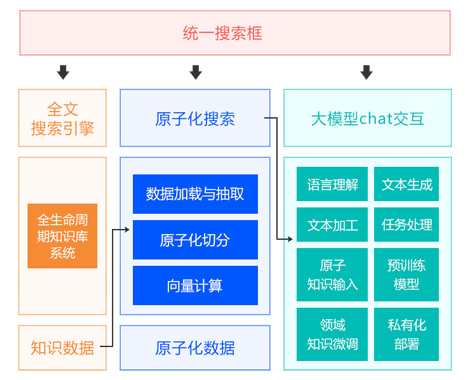

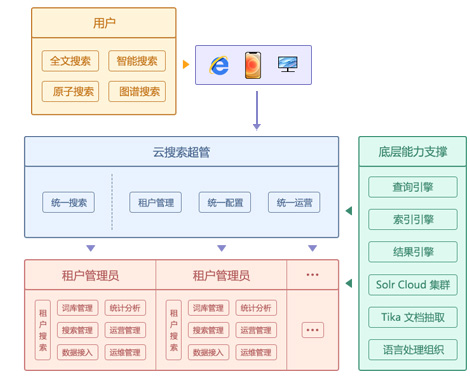

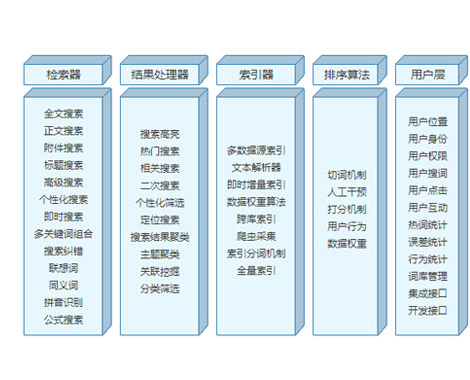
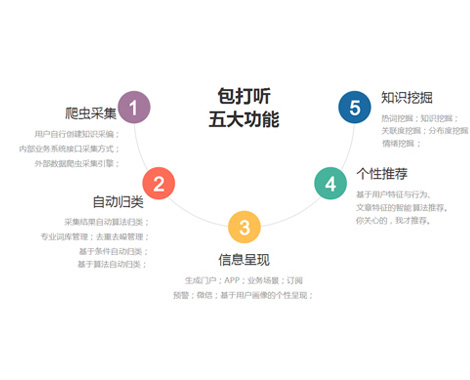
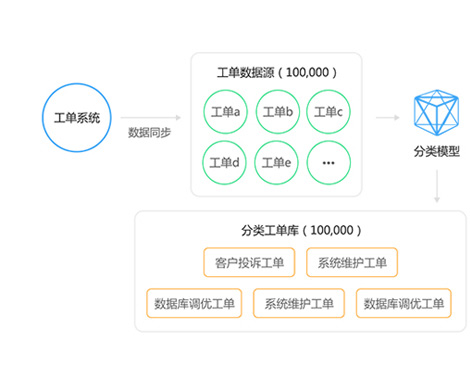
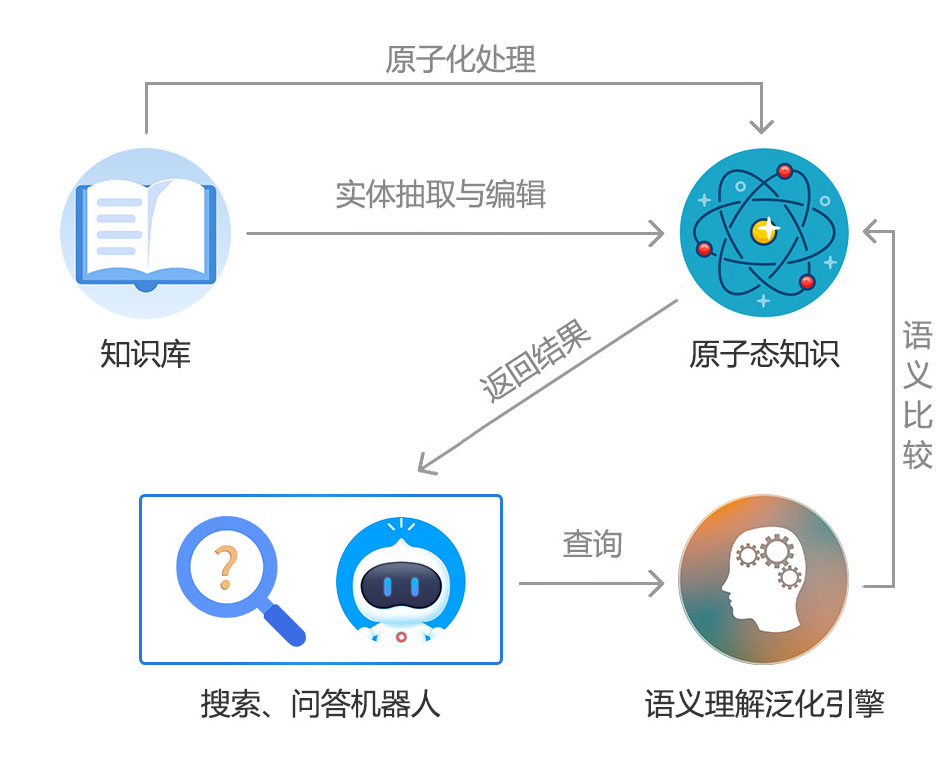
 2001-12-29 17:18
2001-12-29 17:18